Ck1-apple.com stands for a truly malicious web site related to displaying scary notifications in many computers today. The fact that such pop-ups happen in your browser proves that the entire system is contaminated with malware already. To be more precise, the chances are that your computer has been recently attacked by one of adware programs, which all have in mind to scare you into wasting your funds. If you have revealed that your browser is regularly spewing out such repeated ck1-apple.com pop-ups, please immediately follow this removal tutorial to get your system fixed.
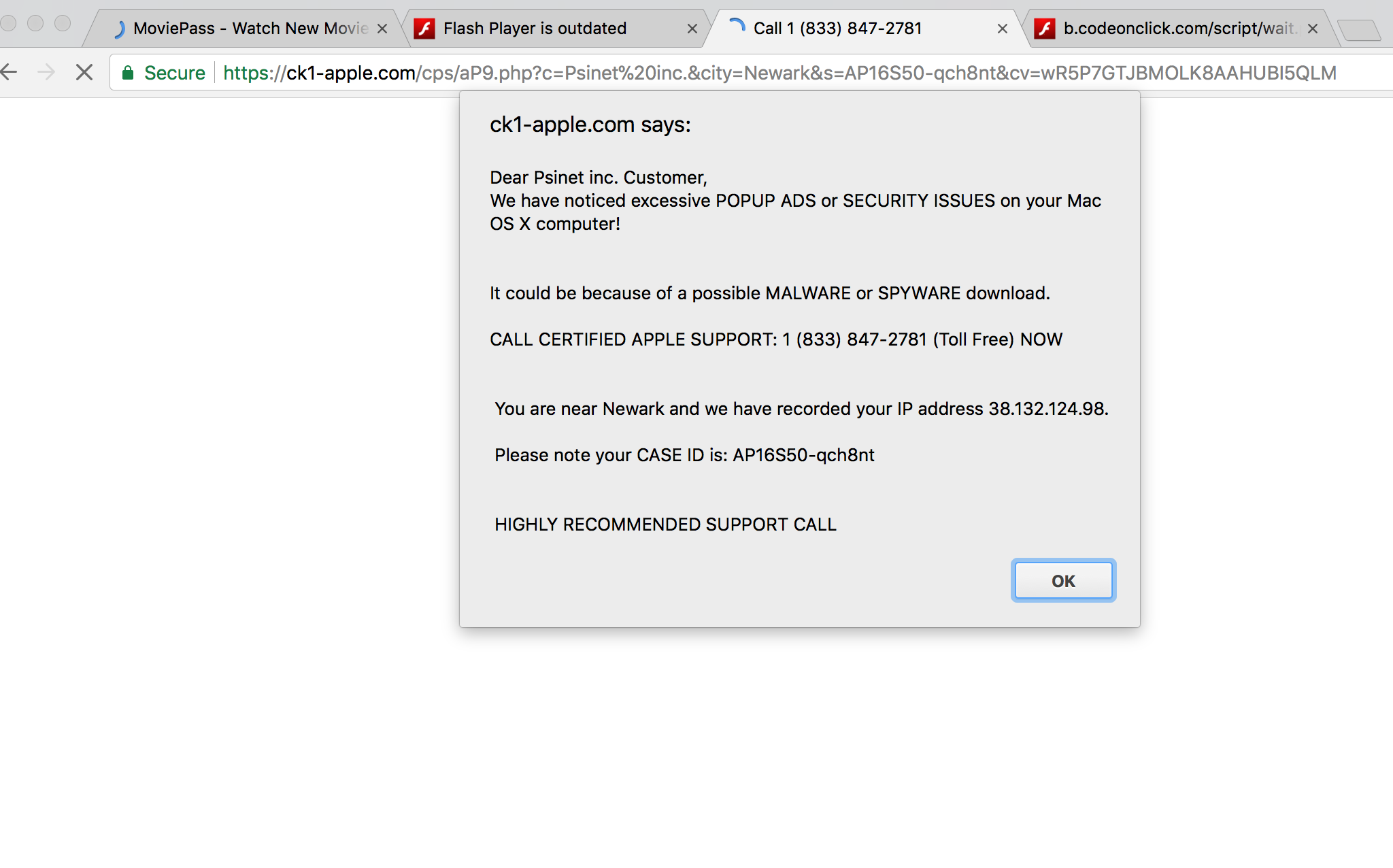
Ck1-apple.com pop-up removal menu.
How to get rid of ck1-apple.com pop-ups from Mac OSX systems?
Tips to fix your browser manually.
How does your browser function with ck1-apple.com pop-ups enabled?
Ck1-apple.com pop-up window presents scary alert about your computer to be supposedly infected with malware. The warning may give you some technical information, but the fact is that this information is absolutely fake. Nevertheless, your system is indeed infected, but the message expressed in these scary alerts does not intend to help you fix it. Instead, the mission of this pop-up is to lead you to calling fake tech support toll free line where cyber frauds will force you to pay money in their favor. Here is what this message says once it appears through infected browser:
Dear Customer,
We have noticed excessive pop-up ads or security issues on your Mac OS X computer!
It could be because of a possible malware or spyware download.
Call Certified Apple Support: 1 (833) 847-2781 (Toll Free)
You are near Miami and we have recorded your IP address.
Do not call any toll-free helplines as suggested in such scary alerts. You must realize that the only mission of ck1-apple.com pop-up message is to get money from you. So, do not trust any misleading information stated through it. Instead, we serious urge you to perform a complex system cleanup of your computer with the help of a proven malware removal tool as explained below.
Recommended application and important milestones to get rid of ck1-apple.com pop-ups from Mac computers.
- Download Combo Cleaner for your Mac by clicking on the “Download Now” button below.
- You will be redirected to the App Store:
- Install the application and start it.
- Wait until Combo Cleaner downloads new updates (mandatory step):
- Once updates are downloaded and installed, click on “Start Combo Scan” button:
- To enable full functionality of Combo Cleaner and in order to delete detected malware, click on “Upgrade to Premium and Remove” button:

Detailed instructions to fix your browsers manually.
After you clean your computer from ck1-apple.com pop-up infection it might be additionally useful that you follow additional steps that will help you to reset your browser back to the fully functional mode. These additional steps are manual and include removing suspicious extensions or complete reset of these infected browsers.
How to fix Mozilla Firefox manually.
How to fix Internet Explorer manually.
How to fix Opera manually.
How to fix Safari manually.
STEP 1. Fixing Google Chrome browser.
- In Google Chrome, click on its “Settings” button in the form of three vertical dots, then choose “Settings“.
- Choose “Extensions” in the left section of the window. Uncheck suspicious extensions, then click on the Trash icon related to it.
- NOTE. Final optional steps. Use these steps only if the above-mentioned methods to remove ck1-apple.com pop-ups from Google Chrome did not help. When in Google Chrome settings mode, scroll down to the bottom of the page and click on “Show advanced settings“.
- Scroll down to the bottom of the page and click on “Reset settings” button.
- In the pop-up window, click on “Reset“.
Detailed video guide explaining how to fix your Google Chrome browser.
STEP 2. Fixing Mozilla Firefox.
- In Mozilla Firefox, click on the icon that looks in the form of three horizontal lines in the upper-right section of the browser window. Click on “Add-ons“.
- Click on the “Extensions” tab in the left part of the windows. Check suspicious extensions. If you identify them, click on “Disable“, then on “Remove“.
- NOTE. Final optional steps. Use these steps only if the above-mentioned methods to remove ck1-apple.com pop-ups from Mozilla Firefox did not help. Click on the icon that looks in the form of three horizontal lines in the upper-right section of Mozilla Firefox and select the question-mark icon at the bottom of the drop-down menu.
- Click on “Troubleshooting information” in the slide-out menu.
- Select the “Refresh Firefox” button at the top right of the new web page.
- Finally, click on “Refresh Firefox” again to confirm the action.
Detailed video guide explaining how to fix Mozilla Firefox.
STEP 3. How to repair Internet Explorer browser.
- Click on Internet Explorer settings icon in the upper-right part of the browser in the form of a gear-wheel. Select “Manage add-ons“.
- Find suspicious toolbar or extension. Click on it (make it highlighted). Then click on “Disable” button related to this particular toolbar or extension.
- NOTE. Final optional steps. Use these steps only if the above-mentioned methods to remove ck1-apple.com pop-ups from Internet Explorer did not help. Click on Internet Explorer settings icon in the upper-right part of the browser in the form of a gear-wheel. Select “Internet Options“.
- Select “Advanced” tab, then click on “Reset“.
- Select appropriate reset options, then click on “Reset“.
Detailed video guide explaining how to fix Internet Explorer.
STEP 4. How to fix Opera browser.
- Click on “Opera” menu in the upper-right part of the browser. Select “Extensions“, then click on “Manage extensions“.
- If you find anything suspicious, disable and delete it.
Detailed video guide explaining how to fix Opera.
Milestones to fix Safari in Mac OS X.
- Milestone 1. Click on “Safari” menu, then go to “Preferences“.
- Milestone 2. In the “General” tab set the home page back to google.com or other start page of your preference.
- Milestone 3. In the “Extensions” tab, locate suspicious extensions and click on “Uninstall“.
- Milestone 4. In Safari menu, select “Clear history” and click on “Clear History again“.
- Milestone 5. Get back to Safari menu, then click on “Preferences“.
- Milestone 6. Click on “Privacy” tab, then choose “Manage Website Data…“.
- Milestone 7. Click on “Remove All“, then on “Done“.
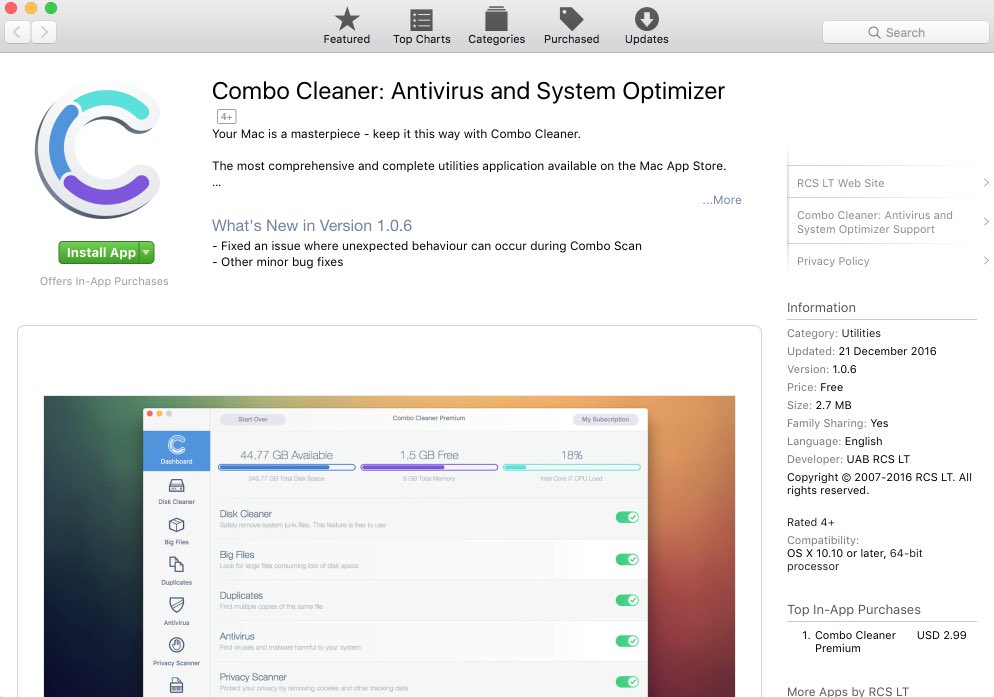
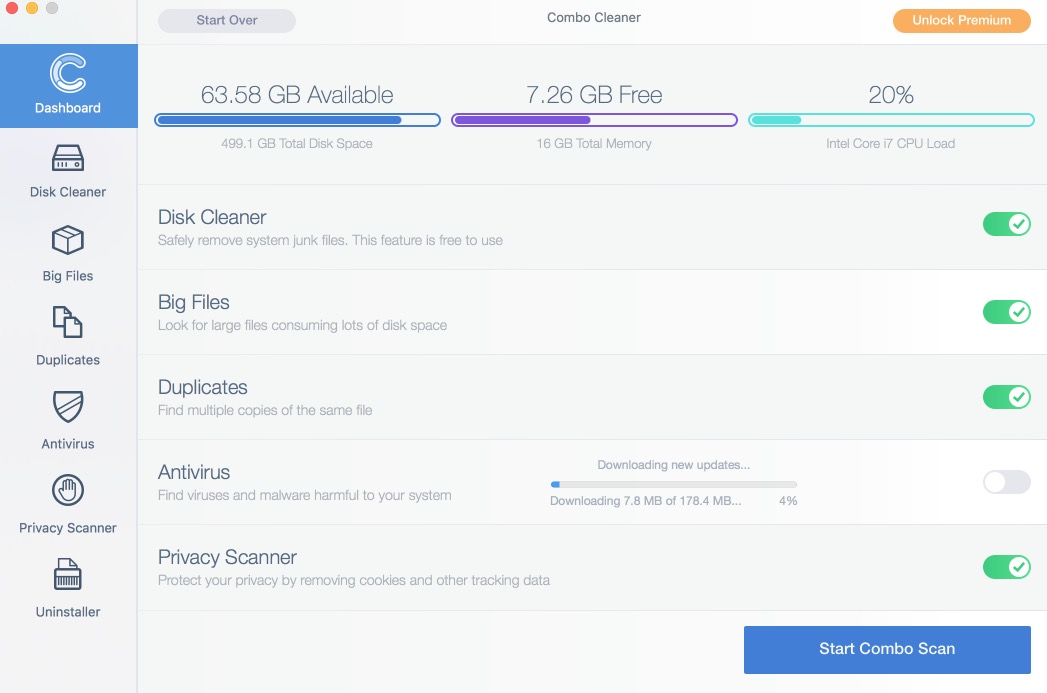
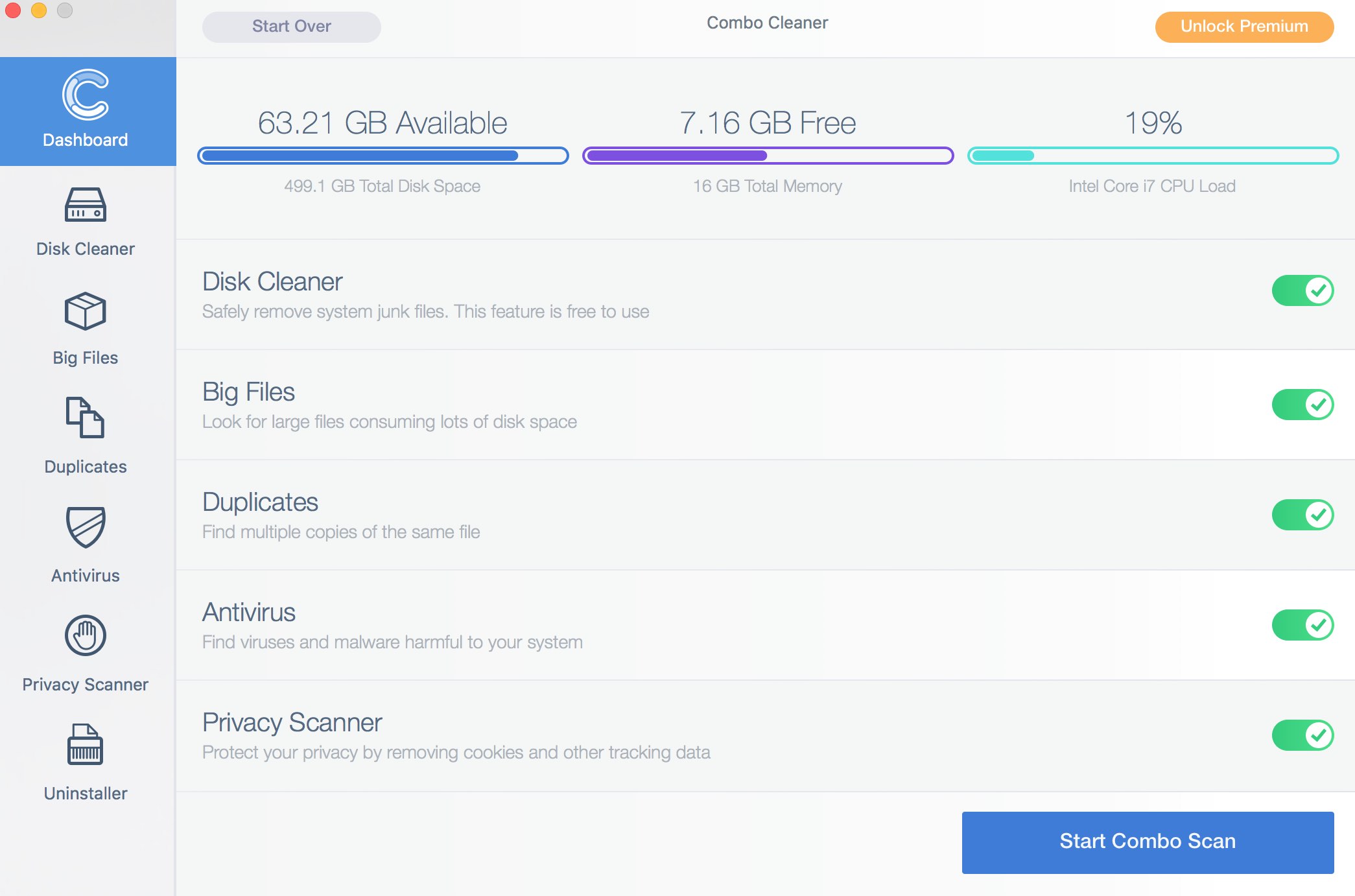
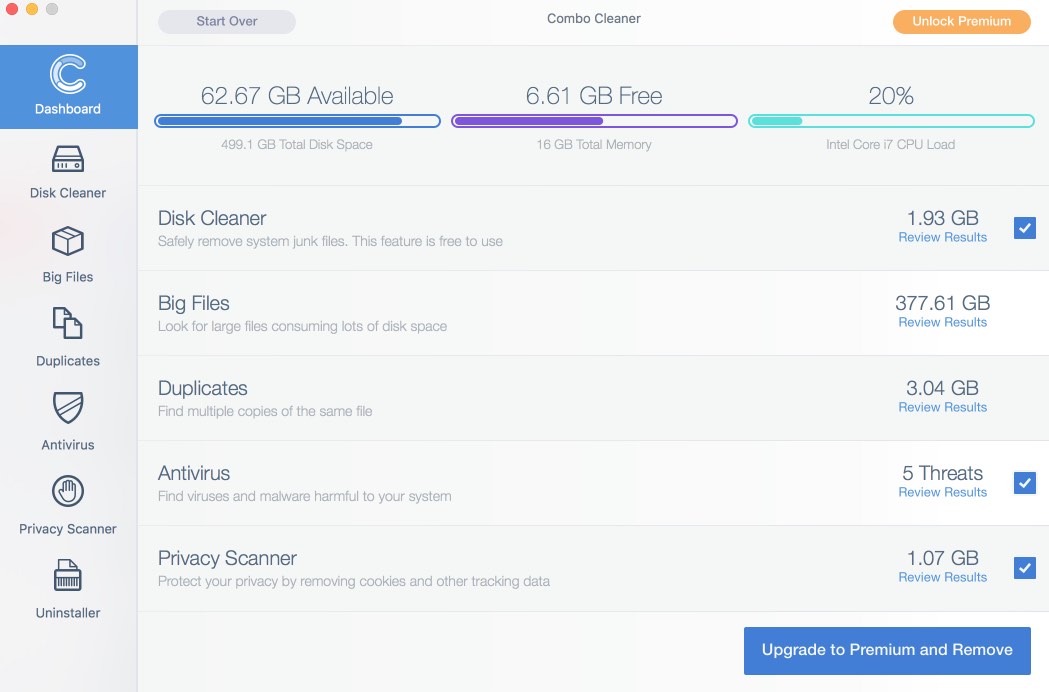

![Hhyu ransomware [.hhyu file virus]](https://www.system-tips.net/wp-content/uploads/2022/07/hhu-100x80.png)

